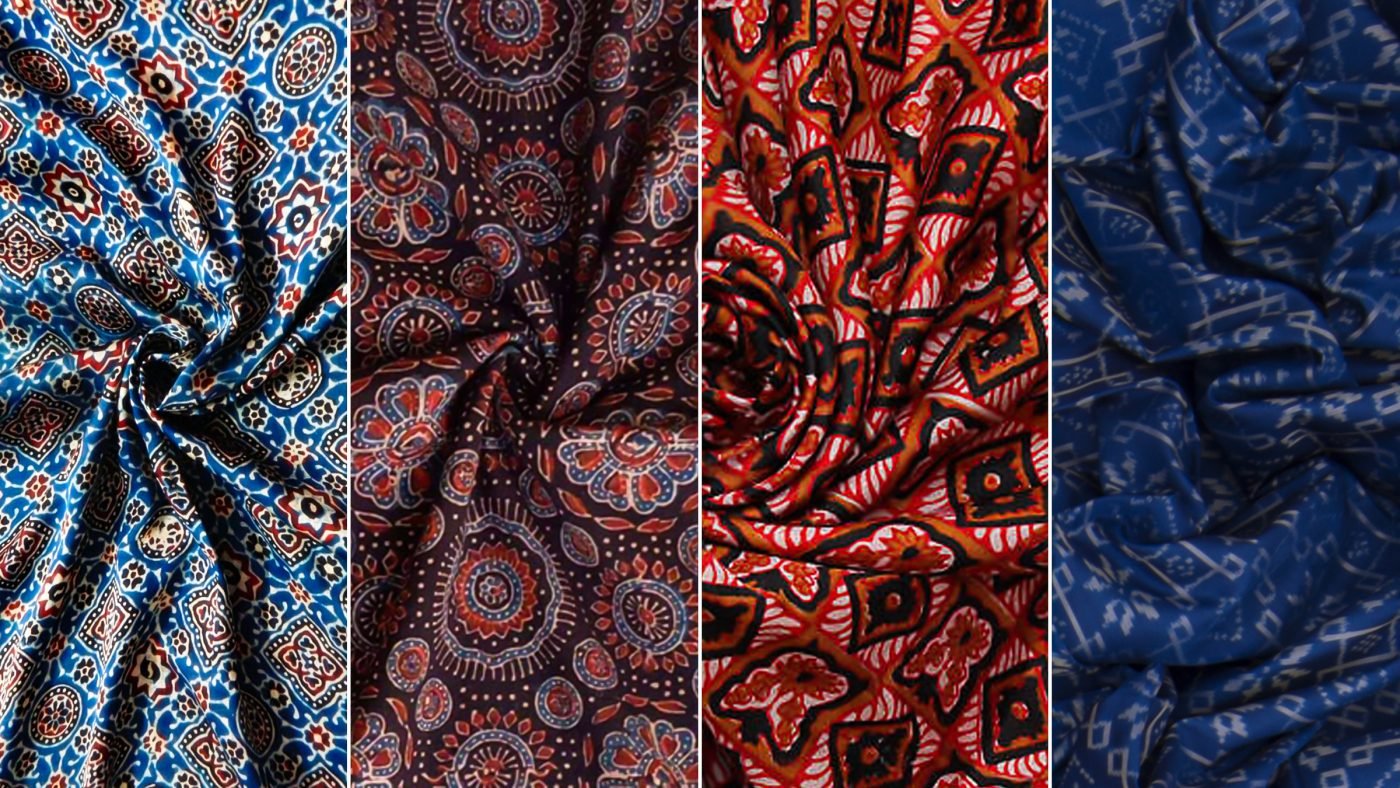Being Vegan is a new-age way of life that aims to preserve animal life and extend balance in the ecosystem. While millions of people are turning vegan by avoiding the consumption of animal products, including milk, the emerging trend of having a vegan wardrobe has put forth a novel challenge to the Indian fashion industry that thrives on timeless fabrics like silk.
Indian traditional clothing holds silk sarees in high esteem, making them a prized possession in every woman’s collection. However, pure silk sarees are made from yarns obtained from silk moths, which makes them an animal derivative. The process usually involves boiling the silk moths alive to extract the silk yarns from their cocoons, which makes the fabric a repellant for those propagating a vegan lifestyle. Even in the case of Ahimsa silk and Eri Silk, obtained without harming the moths, the animal ingredient of the fabric remains the same.
While there are vegan substitutes in food, research in fabrics has created Vegan Silk, which is becoming extensively popular in making Vegan Silk Sarees.
What are Vegan Sarees?
If this term is new to you, let me explain what counts as a vegan saree. These are typically sarees woven with yarns from the banana stalk, rayon, wood pulp cellulose, and similar natural fibers. The core ingredient of these fabrics is plant-based while omitting animal components altogether.
The concept of making Vegan Silk Sarees existed long before veganism became a global trend. In Tamil Nadu, the fabric is traditionally called Vaazhai Naaru, or the Banana Pith. As the name suggests, these yarns are obtained from banana stems and meticulously woven into sarees that carry the texture, look, and feel of regular silk sarees. They are handmade and colored using natural dyes like turmeric, beetroot, and indigo. Above all, the Banana Pith Vegan Sarees are relatively light in weight, making them a suitable wardrobe for office wear and casual outings. Of course, the heavier versions are graceful and appealing, and you can stock them up in your wedding guest collection too!
How are Vegan Sarees made?
While Banana Pith is a well-known ingredient, pineapple stem is also an emerging component of vegan sarees. To make these organic, bio-degradable sarees, banana or pineapple stems are dried and then finely scraped. Subsequently, each strand from the stem is manually taken out to make yarn. The handloom weaving process spans 4 to 5 days for one saree.
While Vegan Silk Sarees closely resemble the smoothness and shine of pure silk sarees, they also cost way less than mulberry silk ones while adding the benefits of sustainable fashion to your wardrobe. These drapes, durable and easy to maintain, are also designed with bold temple motifs and golden borders as cruelty-free versions of traditional Kanchipuram Sarees. Hence several Indian designers are taking Vegan Sarees as a creative project while blending sustainability with today’s fashion trends.
These days, you can easily buy Vegan Sarees online. And whether you’re vegan or not, exploring these easy-on-the-pocket options is definitely worth a try.
